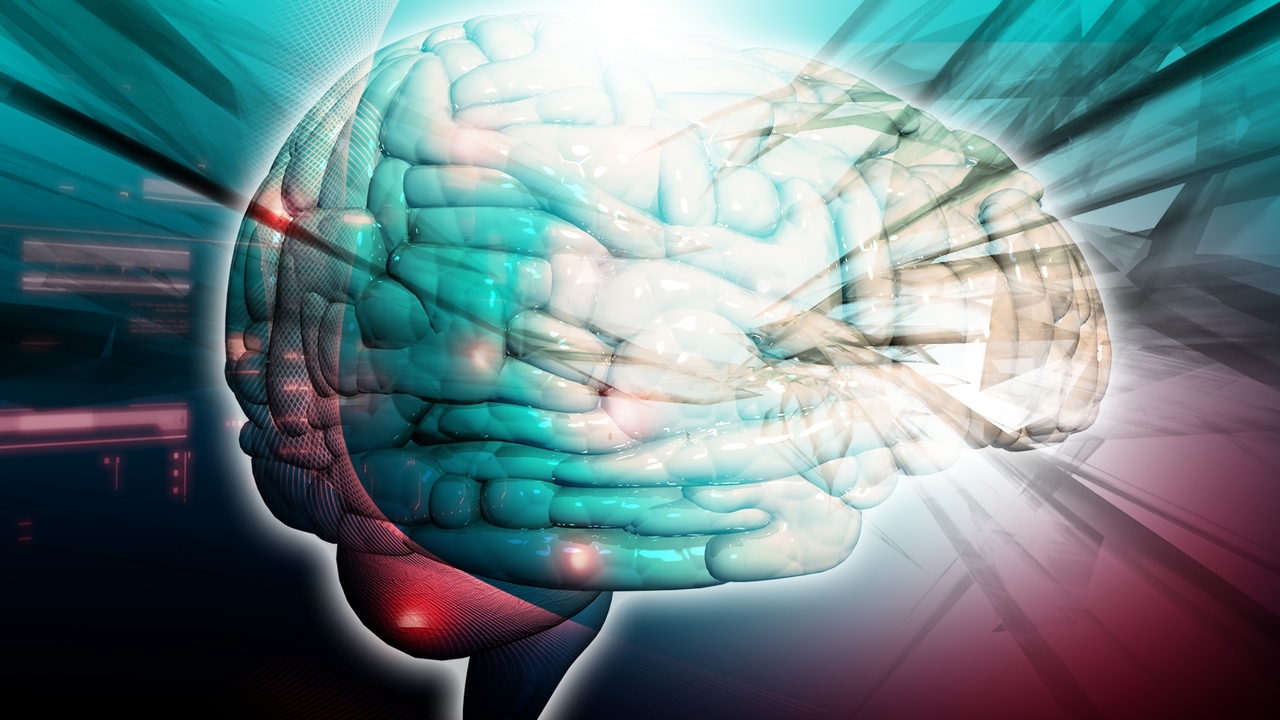 Gino DeGraff/PhotoSpin
Gino DeGraff/PhotoSpin
Do you know any health conditions that cause women to be more at risk of having a stroke? How about what different symptoms a woman may experience if she is having one? Or, what specific problems a woman may struggle with while trying to recover from a stroke.
If you don’t know the answers to any of these questions, you are not alone.
According to a survey given by Ohio State University Wexner Medical Center, only 11 percent of 1,000 women surveyed knew the female-specific risk factors for strokes. Those risk factors include: pregnancy, lupus, migraines, oral contraception, and hormone replacement therapy. 1
Only 10 percent of those surveyed were aware that hiccups combined with atypical chest pain were potential early warning signs if they occurred along with other pre-stroke symptoms. Other warning signs could include: facial numbness, weakness on one side of the body, confusion, difficulty speaking, vision trouble or dizziness.
And about half didn’t know that women recovering from a stroke have a higher incidence of depression. Depression can get in the way of seeking help to tackle common post stroke problems, like difficulties swallowing or walking.
Women tend to think strokes are a man’s disease, says Dr. Diana Greene-Chandos, a neurologist and director of neuroscience critical care at Ohio State’s Wexner Medical Center.
However, stroke is the third leading cause of death in women, according to the National Stroke Association.
Some of the risk factors for strokes are the same for men and women such as smoking, not exercising, having high blood pressure, having elevated cholesterol levels or symptoms of diabetes.
Symptoms of a stroke, though, can be very different. Greene-Chandos said, “Women may have more headaches with their strokes. They actually can have hiccups with a little bit of chest pain with their stroke symptoms, sometimes sending them down the pathway of looking for either heart disease or indigestion.”
Greene-Chandos also stated that in the final months of pregnancy and the period right after having a child, a woman’s risk of having a stroke can increase.
The problem is that if a woman does not think she could be having a stroke, she delays getting medical attention. The quicker she reacts, the quicker she will receive treatment that may help stop the damage from the stroke.
“About 60 percent of stroke deaths occur in females, and 40 percent in males, according to the American Heart Association (AHA) and American Stroke Association (ASA).”2
The CDC reports that strokes are the fifth leading cause of death of both men and women, killing 130,000 Americans each year. This means that about one out of every 20 deaths are due to stroke.3
Here is a test you can take right now to see if you are at risk of having a stroke. The test is provided by Wexner Medical Center.
While some risk factors such as genetics, ethnicity and age cannot be changed, there are many more that can be. Work with your doctor to reduce your risks in those areas that you can control.
And if you are a woman, don’t hesitate to get help if you experience any of the female-specific symptoms of a stroke.
Sources:
1) Survey Finds That Most Women Do Not Know Female-Specific Signs, Symptoms Of Stroke. Ohio State University Wexner Medical Center.
http://wexnermedical.osu.edu/mediaroom/pressreleaselisting/survey-finds-...
2) The Grapevine: Signs Of Stroke Differ In Men And Women; Survey Shows Women Need To Be More Aware. Medical Daily.com. Retrieved May 23, 2015.
http://www.medicaldaily.com/signs-stroke-differ-men-and-women-survey-sho...
3) Stroke Fact Sheet. Center for Disease Control and Prevention. Retrieved May 23, 2015.
http://www.cdc.gov/dhdsp/data_statistics/fact_sheets/fs_stroke.htm
Michele is an R.N. freelance writer with a special interest in woman’s healthcare and quality of care issues.
Edited by Jody Smith





Add a CommentComments
There are no comments yet. Be the first one and get the conversation started!